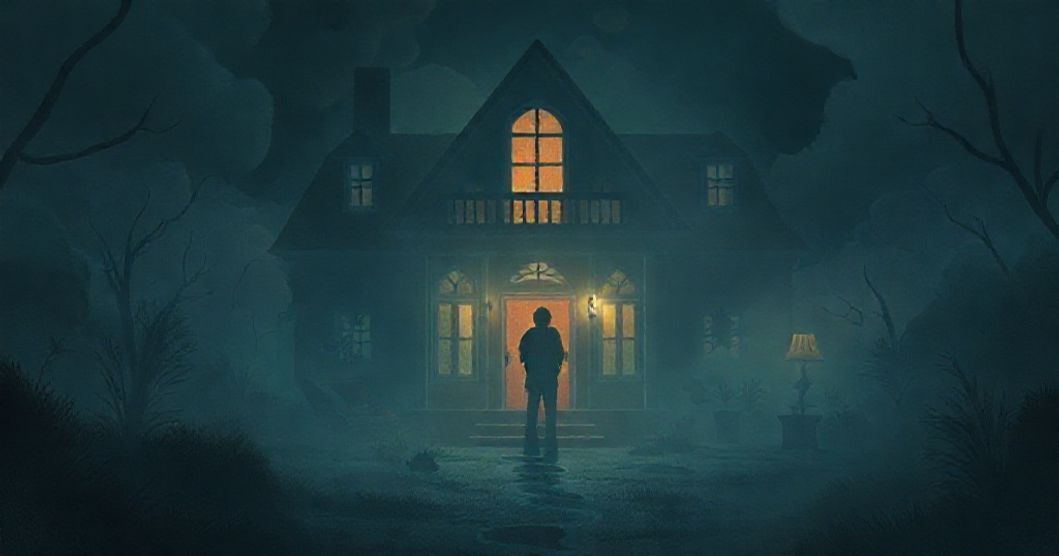PART 1: DREAM PRESENTATION Dreams that feel simultaneously ordinary and profoundly unsettling often serve as windows into our unconscious conflicts. Consider this recurring dream experience, where the boundaries between reality and sleep blur into a paradoxical state of entrapment. Over the past two nights, I’ve experienced a curious pattern of dreams that defy simple categorization. They aren’t overtly terrifying—no monsters or obvious threats—but they carry an undercurrent of unease that lingers even after waking. The setting is always the same: my childhood home, yet somehow unfamiliar. Specifically, I find myself repeatedly in the kitchen and bathroom, spaces that should feel safe and ordinary but instead feel charged with an invisible tension. The lighting is perpetually dim, as if the sun has been filtered through thick curtains or the bulbs are burned out, casting everything in muted grays and blues that drain color from the world. I’m alone in these dreams, yet I never feel truly alone. There’s a persistent sense that someone else is watching, though no one is visible—a disquieting awareness that fractures my perception of self and space. My primary emotion is one of trapped curiosity: I want to leave, to escape these rooms, but every attempt to exit leads to a paradox. When I try to walk through a door, the frame warps; when I call out for help, my voice echoes hollowly. Most unsettling is the dream’s mocking quality: I’ll convince myself I’ve woken up, that the dream has ended, and I’ll open my eyes in the safety of my bedroom… only to realize I’m still within the dream, still confined to those dimly lit rooms. This cycle of false liberation and renewed entrapment escalates my anxiety until I finally jolt awake, heart racing, gasping for breath. In these moments, I notice I’ve been dissociating—my mind has checked out, and my body feels disconnected from my surroundings, as if I’m observing the dream from a distance. I can’t shake the feeling that these dreams are trying to tell me something, but I can’t quite grasp what. The kitchen and bathroom, once places of comfort, now feel like psychological thresholds I can’t cross. ### PART 2: CLINICAL ANALYSIS #### 1. Symbolic Analysis The house in this dream functions as a powerful container of self, reflecting the dreamer’s internal state. In Jungian psychology, the house symbolizes the conscious and unconscious mind—the kitchen, as a space of nourishment and routine, represents daily identity and self-care, while the bathroom, a private sanctuary, embodies vulnerability and bodily awareness. The dim lighting introduces liminality, a state of uncertainty between two worlds (waking and sleeping, safety and danger). This visual ambiguity mirrors the dreamer’s internal conflict: they feel both present and absent in their own life. The inability to escape the kitchen and bathroom suggests psychological entrapment—perhaps the dreamer feels confined by routine, responsibilities, or unexamined emotional patterns. The

